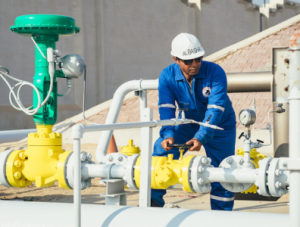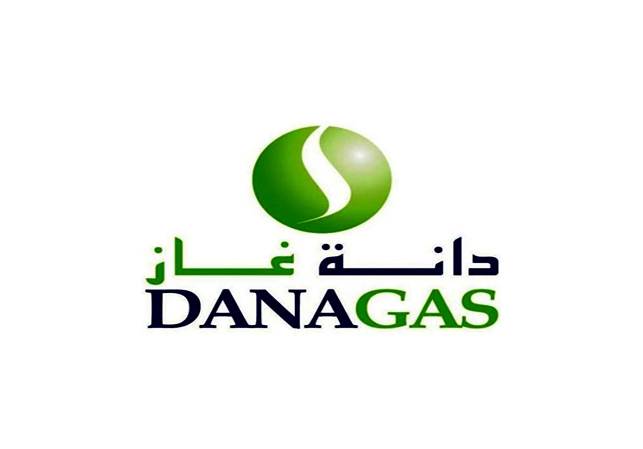Dana Gas raises foreign ownership of shares to 100%
Dana Gas PJSC is a publicly traded natural gas company, based in Sharjah, United Arab Emirates (UAE). Incorporated and listed on the Abu Dhabi Securities Exchange in 2005, Dana Gas is the largest non-government owned natural gas company in the Middle East, with operations in Egypt, Iraqi Kurdistan, and the UAE. The company and Crescent Petroleum have equal stakes in the Pearl Petroleum consortium. Hamid Dhia Jafar and Patrick Allman-Ward serve as chairman and chief executive officer of Dana Gas, respectively.
“The directors approved recommendation to increase foreign ownership limit of 100 per cent and to be presented in the annual general assembly for approval, subject to the approval of the competent authorities,” the company said on Thursday in a filing to the Abu Dhabi Securities Exchange, where its shares are traded.
Dana Gas, which reported a 35 per cent rise in normalized net profit in the third quarter of 2022 to reach Dh182 million ($49.55 million), has benefitted from higher oil and gas prices.
In April last year, Dana Gas was also included in the Abu Dhabi Securities Exchange’s new benchmark, the FTSE ADX 15 Index.
The gauge includes the 15 largest and most liquid companies on the ADX, chosen on the basis of free-float adjusted market capitalization and median trading value.
Sharjah-based Crescent Petroleum is currently Dana Gas’s biggest shareholder with a 20 per cent stake, according to the company’s website.
Crescent Petroleum did not immediately respond to a request for comment.
Farah Mourad, market analyst at XTB, said the move would bring in international and local investors looking for “safer” options amid rising uncertainty in global markets.
The current industry forecasts point to a “promising year” for Dana Gas following strong gains in 2022, said Ms Mourad.
Oil and gas producers have benefitted from a surge in crude prices since Russia’s military offensive in Ukraine began in February. Brent, the benchmark for two thirds of the world’s oil, is currently trading at about $86 a barrel after falling below $30 in 2020.
The S&P 500 Energy Index, a benchmark for US energy stocks, has gained roughly 40 per cent over the last 12 months, against an 8 per cent fall for the overall S&P 500.
Global oil demand will surge to a “record” this year following the end of coronavirus restrictions in China, the world’s second-largest economy and leading crude importer, according to the International Energy Agency.
Oil demand will rise by 1.9 million barrels a day to 101.7 million bpd in 2023, said the IEA, which had previously estimated a growth of 1.7 million bpd.
Nearly half the gain in crude demand will come from China, which has reopened its borders for the first time in three years, triggering a sharp rise in airline bookings.







